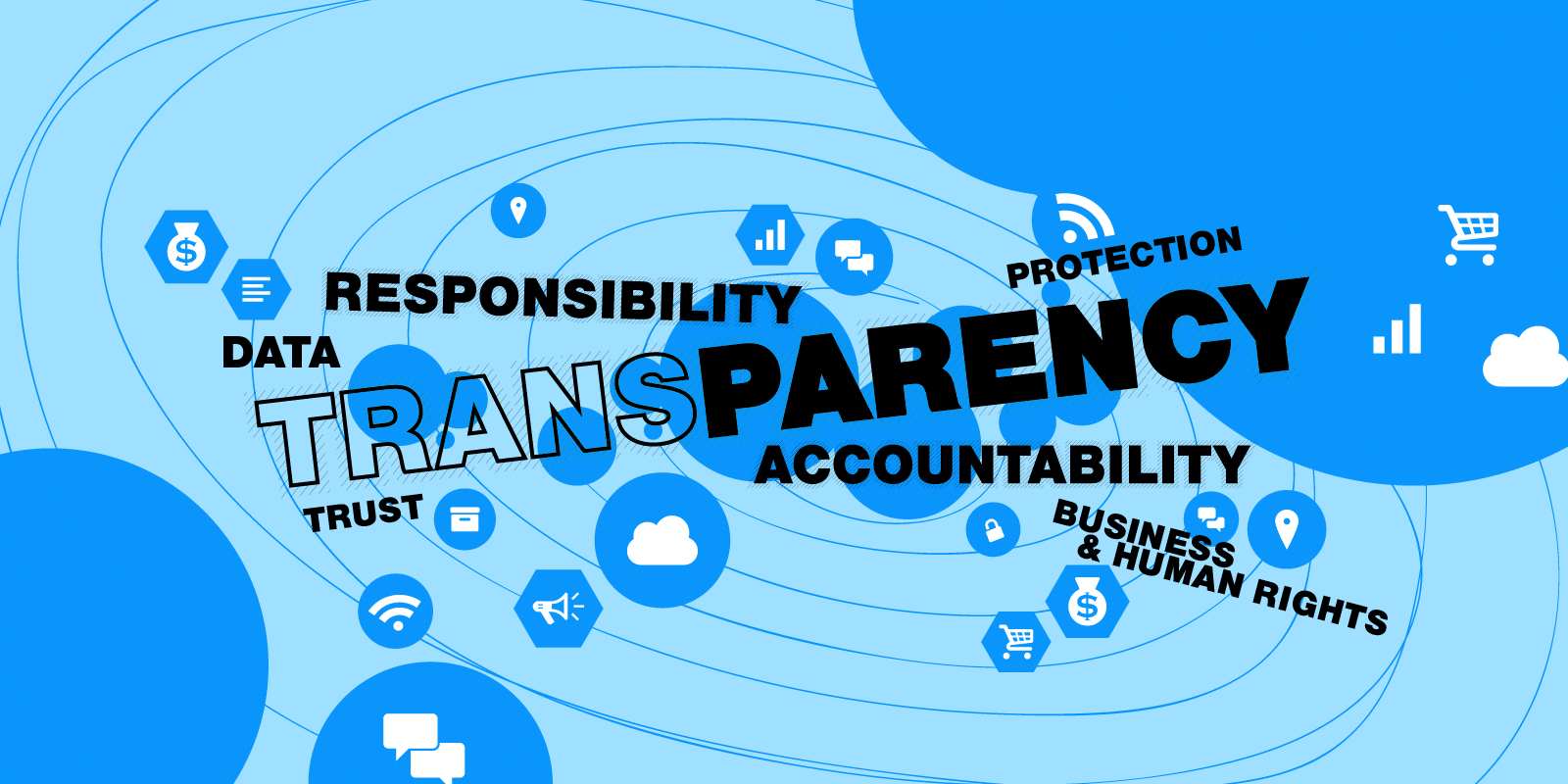As 2021 comes to an end, it has been more than five months since Telenor announced the cut-and-run of its Myanmar operations. Their decision to sell to M1 Group — an investor with a disastrous human rights record — remains in a quandary. What is clear, however, is that Telenor’s users still have no answers to how their rights will be protected. This is unacceptable.
“For months, Access Now and civil society have continued to pressure Telenor to address the rights risks the disposal will generate, to no avail,” said Dhevy Sivaprakasam, Asia Pacific Policy Counsel at Access Now. “While our questions linger unanswered, human rights in Myanmar languish on the chopping block.”
In July, the Centre for Research on Multinational Corporations (SOMO) submitted a complaint on behalf of 474 civil society organizations to — and now accepted by — the OECD’s Norwegian National Contact Point, breaking down how the sale failed to meet OECD’s responsible disengagement standards. In August, Access Now and 44 organizations addressed a letter to Telenor’s Board, highlighting how Telenor had “dumped the Myanmar outfit at a discounted rate, failed to provide any kind of risk assessment [or] indication of how it would deal with the repercussions of such a risky and irresponsible sale.”
In September, Telenor’s leadership engaged with civil society and committed to human rights principles in response to both the NCP complaint and the letter — but omitted mentioning any concrete steps it would take to achieve these principles. Telenor emphasized that military orders to activate intercept technology in their network had made a sale inevitable — raising further red flags about potential military surveillance and abuse of user data. In October, Access Now again contacted Telenor’s Board seeking clarification about protections against these risks. None came.
In November, Reuters reported that M1 Group was looking to partner with a Myanmar company to buy out Telenor’s operations. Telenor declined further comment. So — again — last week, civil society found itself repeating the dangers of potential military abuse of users’ data from Telenor’s “reckless” actions.
“How many times will civil society need to raise these same issues before there are genuine answers? As 2022 draws near, one thing is clear — business is definitely not as usual,” said Raman Jit Singh Chima, Asia Pacific Policy Director at Access Now. “No matter whom they sell to, Telenor must be held accountable for its irresponsible and damaging exit from the country.”
The obligation to uphold and protect the human rights of people in Myanmar lies not only with Telenor, but across the telecommunications sector and its actors. Their data handling practices bring with them equal obligations to ensure data protection and users’ privacy and security.
